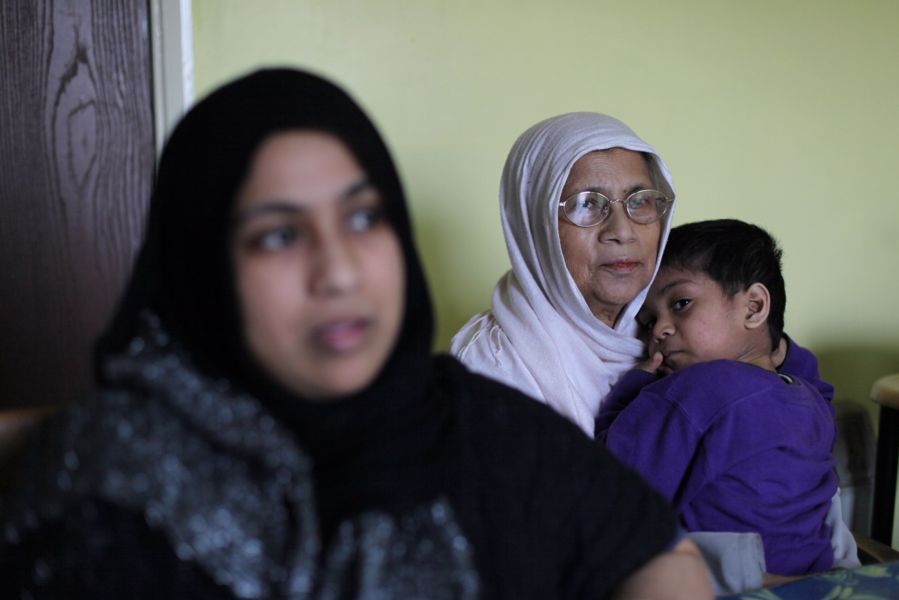One of the greatest social changes in the 21st Century will be the ageing of all human populations on earth, with the number of people over 60 years old expected to rise to 3.1 billion by 2100. Prolonging the human lifespan is a remarkable achievement, but it can also pose significant challenges.
The disease chronicity, multimorbidity, and frailty that are seen with ageing conspire with changing economics and societies to place new demands on clinical practice and expedites the need for new care models, including greater provision of formal and family care support. Whilst much is known about ageing from high income countries, little is known about ageing and health, ageing in societies, or the economic effects of ageing in low or middle income countries.
The United Nations has proclaimed 2021–2030 the Decade of Healthy Ageing, with WHO leading international action to improve the lives of older people, their families and communities.
The Ageing, Frailty and Resilience theme at the IGI aims to provide evidence to support the realisation of the UN aim of healthy ageing, especially in low or middle income countries. The theme brings together a multidisciplinary combination of leading researchers in Birmingham with colleagues from other institutes all over the world to develop new insights and methodological innovation through collaborative work.
This means getting to grips with how we understand ageing, how we measure it and why we design the interventions we do.
Through our relationships in Brazil, Pakistan, Rwanda and Burkina Faso we are working to identify what priorities really are for older people in different contexts. This means taking a broad approach to the idea of ageing well, considering core social and economic elements alongside the more traditional healthcare-led methodology.
A key project is a longitudinal study in Burkina Faso, run alongside the Nouna Health and Demographic Surveillance Site. By blending this large dataset with in-depth focus groups we are looking to disentangle the idea of ‘frailty’ and the associated ideas that people have about older people.
Each of our projects are designed with sustainability in mind, building in-country research capacity to continue vital research for generations to come.
Our overarching philosophical question is – what does it mean to age well? Our goal is to guide policy and research thinking to better match the needs of older people across the world, both removing obstacles to healthy ageing and protecting what matters most to them.
Massive Open Online Course - Healthy Ageing: Concepts, Interventions and Preparing for the Future

Members of the Ageing, Frailty and Resilience theme, in collaboration with colleagues at the University of Sao Paulo, Brazil, have developed a massive open online course (MOOC) entitled ‘Healthy Ageing: Concepts, Interventions and Preparing for the Future’. The MOOC will be hosted on the FutureLearn platform and the planned launch date is 28 June 2021.
The MOOC is open to anyone, including family members, carers, nurses, practitioners, researchers, policy makers, and older adults, and is free to access. The content will include perceptions and experiences of healthy ageing, how lifestyle behaviours can promote health and physical independence in ageing populations and what is being done to prepare us all for a healthier, more independent future.
Read research by our academics
Collaborators:
Aga Khan University | University of Global Heath Equity | University of Sao Paulo
Federal University of ABC (Brasil) | Heidelberg University | University of the Witwatersrand